If you’re tired of Freddy, Jason, Chucky, Michael, and the usual slasher staples, then boy, do I have a film for you, Bitch Ass. The film is a solid entry into the emerging Black horror canon, featuring a stylish masked killer, stellar set designs, and death traps modeled after board games. The film premiered at South by Southwest last March, where it won the Midnighter’s Audience Award. Prior to its official October 14 release date, we talked to its writer/director, Bill Posley, Me’lisa Sellers, who plays Marsia, and Tunde Laleye, who plays the grown-up version of Bitch Ass/Cecil.
The interview was slightly edited for clarity.
Bill, this first question is for you. Can you talk about the origins of this movie? It’s unlike any other
slasher that I’ve seen.
Bill: The origin of the film was a seed of an idea that I always had. I was an overweight kid who went to a Catholic school. The Catholic school that I went to was down the street from a public school. When the Catholic school kids walked by there, everyone made fun of us for having our uniforms on. They would pick on us and chase us home. I always wanted to do a story about a kid like that who was bullied. That’s where the bones of the movie started. The bullying aspect came from my actual life.
Beyond that, there is a specific subsect of horror movies that I fell in love with in the 90s. Me and my brother specifically called them hood horror movies. These movies took place in Black neighborhoods and had a level of comedy and camp to them, starting with People Under the Stairs, all the way to Bones in 2001. But like Vampire in Brooklyn, Leprechaun 4, and Tales from the Hood, probably the most iconic, were all so enjoyable and so great. We would rewatch them every Halloween. I wanted to bring something like that back and play into the nostalgia. The idea of my real-life bullying and the films I grew up loving, I wanted to marry these two things. That was Bitch Ass.
The next question is for the cast members. What made you want to be involved with this project?
Tunde: For me, it was the story. When I read the script, I felt fascinated with the character immediately. The idea of the kid being bullied is a universal story. Every single person in America knows someone who’s been bullied. It’s the idea of the underdog winning for me. I’m very big on rooting for the underdog.
I also love Bill Posley. I’m a big fan of Bill. Most people don’t know that he’s a stand-up comedian. He’s very, very talented. I know Bill is going to hate me for this because he’s very modest. He doesn’t like when I compare him to someone else, but I think Bill Posley is the next Jordan Peele, man. I’m telling you. I met Bill at one of his comedy shows, and I was like, “Man, this guy is so talented, and he has a vision.” I was like, “If I have the opportunity to work with Bill, it’s a wrap.” Sure enough, the script was from Bill. I loved the character.
Me’lisa: For me, like Tunde, it was the script. I fell in love with Marsia, the character that I play. I just thought it would be a thrill to embody this woman who has such a deep love for her child and has this sort of varied past. Because of the circumstances of her life and what she experienced, she’s a little badass. As I’ve said before, once I met the filmmakers themselves, I knew I wanted to be part of it. I knew I would sort of be home.
What’s your favorite kill/game/death trap in the film?
Bill: I think it’s probably Surgeon just because it’s the first one we came up with. It opened the door for all the others. Once we found that one, it was like, “Oh, now we see what we can do.” For me, it was that one because it’s the one that spawned the idea for all the others.
Me’lisa: The first thing that came to mind was the Connect 4 one. The more I see the movie, I’m like, “Holy cow, oh my goodness!” But then the Battleship experience is another one. That’s just a scene.
Tunde: I love every single one of the games, but my absolute favorite was Mayday, the Battleship game, because I have a relationship with those two characters, with Marsia and with Spade. They’re contrasting relationships, so I love the idea of toying with the prey and messing with their psychology. That’s my absolute favorite.
Bitch Ass/Cecil is such a cool and complex character. He wears a suit and has this memorable mask,
but he was also bullied. Tunde or Bill, can you talk about the specificity of the character?
Bill: Bitch Ass was a character, who, when we conceived him, was arrested in their development because of a monumental thing that happened to them. They’ve been bullied, teased, and tortured both inside the home and outside the home. One of the things we wanted to relay was how we keep that person in that state but show they aged. If grandma made him wear a suit as a kid, he still wears one today. We wanted the mask specifically to pay homage to Phantom of the Opera where you have this character, who, when you initially meet them, seems like a beast, someone awful or ugly, but throughout the film, as you take off the proverbial mask, you see the innocence inside them. Like any great character, we wanted to make Bitch Ass messy, complicated, and surprising as you start to peel back the onion a little bit.
Tunde: In the script, when my character is asked why he wears a suit, he replies, “My grandma said to treat every day like Sunday and the Lord will always be with you.” For me, the suit represents sort of a supernatural protection for my character. It feels like if he wears it, he’s immune to pain and can endure whatever. The red tie for me symbolizes blood and coming for justice and obviously the kill. For me, the mask symbolizes putting an end to that sweet, innocent character, Cecil, leaving him in the past, in 1980, and completely transforming into this new character called Bitch Ass, the boogeyman.
I found Marsia to be such a strong character. Not only does she stand up to the gang leader Spade, but she’s such a tough and loving mom. She works all these jobs so her son Q can attend college. Me’lisa, can you comment more on her character and what you wanted to bring to the role that maybe wasn’t in the script?
Me’lisa: Humanity. I think the single mother in the hood is a trope that we’ve all seen many times. I really wanted it to be clear that this mother just loves her kid. I said to the actor who played my son [Teon Kelley] that he’s easy to love. He has these big, beautiful, what someone called Disney eyes. There was a certain connection I hoped that I’d have and then did have. In a horror story, seeing someone fight so hard for the Other and the Other happens to be her kid…I think that was the biggest step. Bill and I talked about a couple of things, too. I was excited that she became what people are calling badass.
Can we expect a sequel? If so, what would that look like?
Bill: We have ideas for sequels. It really weighs heavily on the response to this original film out there in the marketplace. We hope it finds enough of an audience that people say, “Hey, we want to see more of this.” We’d love more than anything to make a sequel. The idea we’ve been kicking around the most is Bitch Ass 2: High School Reunion. That would be fun. But yeah, it’s on our minds.
Thank you all so much for the conversation, and good luck with the film!
One Comment
Comments are closed.


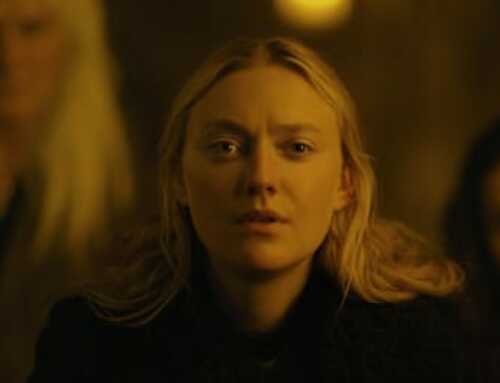
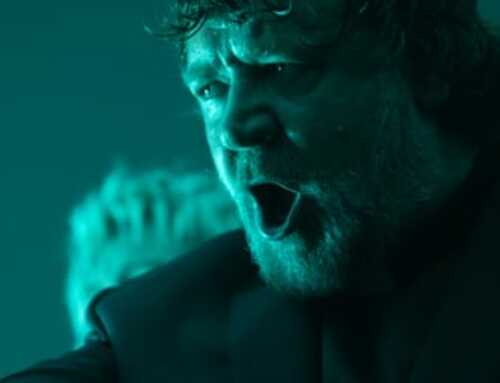
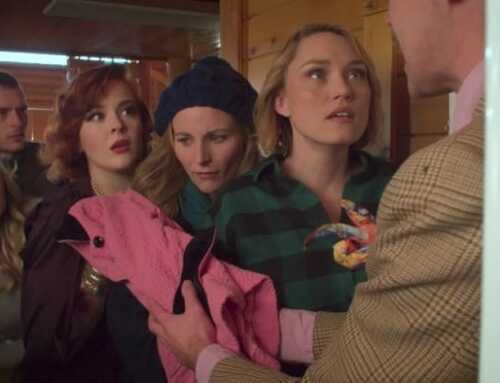
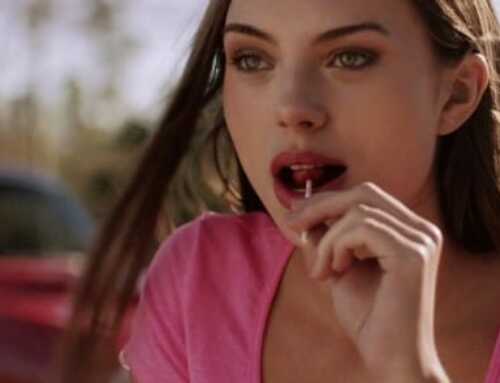
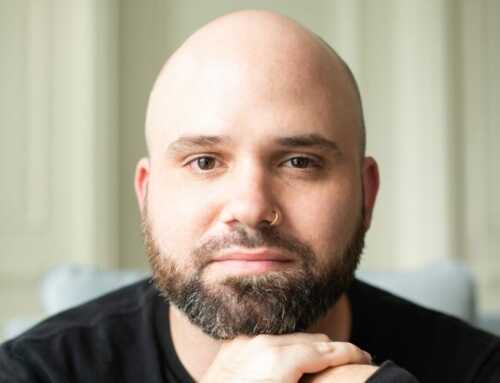
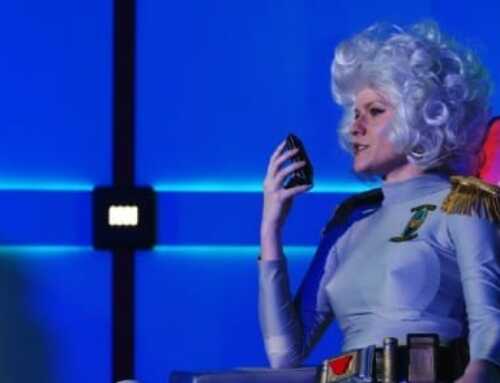
[…] Brian Fanelli Source link […]